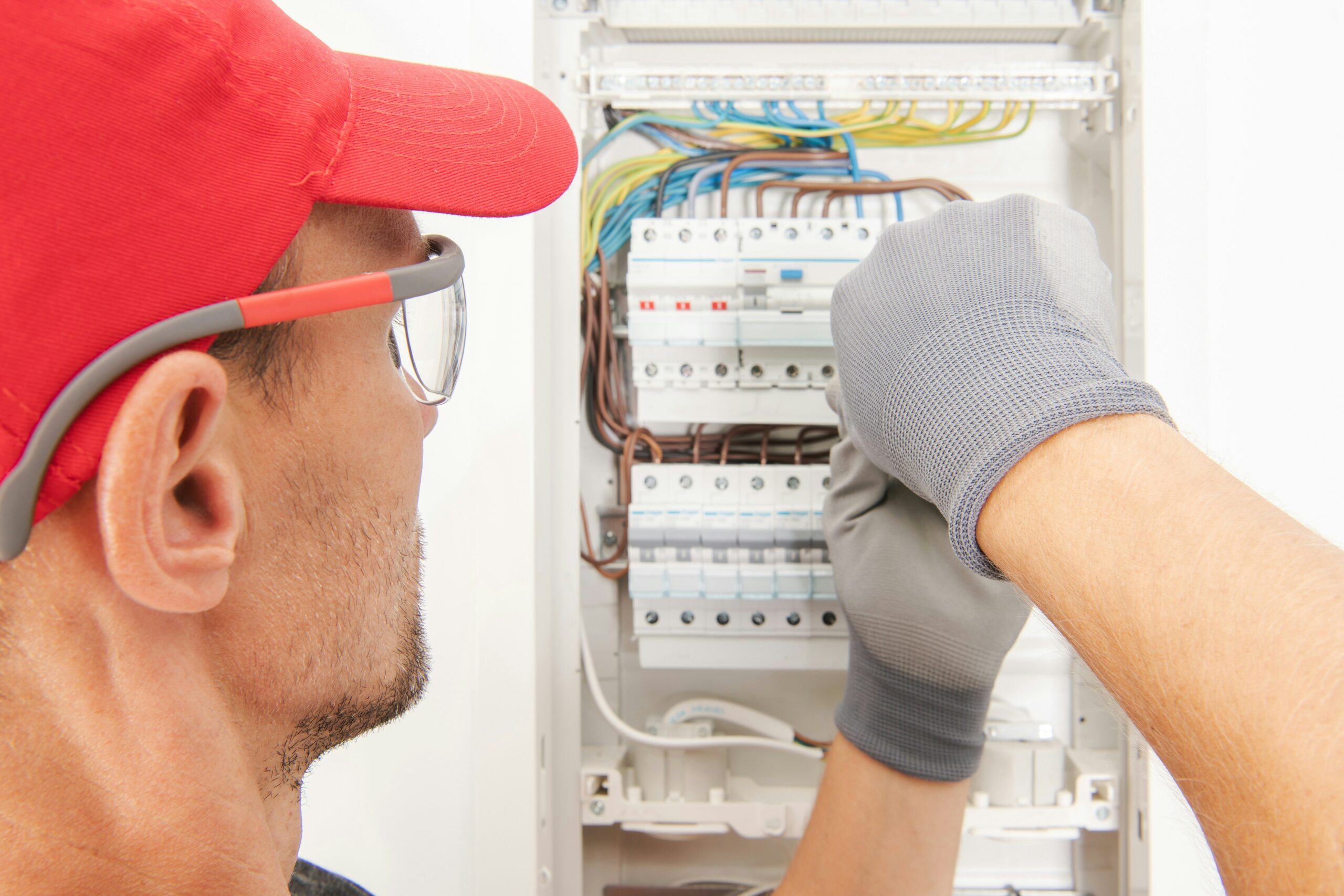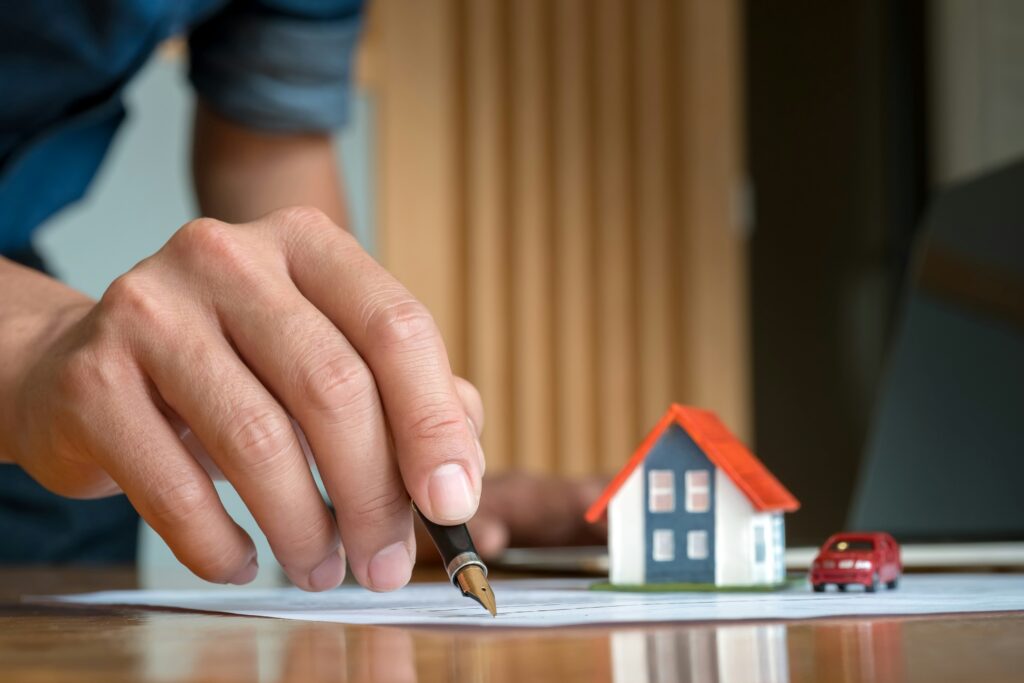
What is an Electrical Safety Certificate, & Do You Need One to Sell Your House?
When preparing to sell a property, one of the most common questions homeowners ask is, “Do I need an electrical safety certificate to sell my house?” While not always legally required, having a valid electrical safety certificate (also known as an EICR) can significantly enhance your home’s marketability and reassure potential buyers that the property is safe and compliant with UK regulations.
This blog covers everything you need to know about electrical safety certificates, from what’s involved in getting one to the typical electrical safety certificate cost and how it can impact your property sale.
What Is an Electrical Safety Certificate (EICR)?
An electrical safety certificate – formally known as an Electrical Installation Condition Report (EICR) – is an official document issued by a qualified electrician after thoroughly inspecting your property’s fixed electrical systems.
The report confirms whether your electrical installations are safe, compliant, and meet the current wiring regulations. Valid for five years, this certificate is a key asset if you’re selling, letting, or maintaining a property.
Do you need an Electrical Safety Certificate to sell a house in the UK?
No, UK law does not currently require sellers to have an electrical safety certificate. However, obtaining one offers several benefits:
- Buyers feel reassured about the safety of the property
- Potential issues are flagged before a buyer’s survey
- You may avoid renegotiations or price reductions
In today’s property market, where buyers are more cautious and surveys more thorough, a valid EICR can help speed up your sale and prevent complications.
Why should you get an Electrical Safety Certificate before selling?
Even though it’s not a legal requirement, a valid electrical safety certificate shows your home has been professionally inspected and deemed safe.
Without it, buyers might:
- Submit lower offers
- Request their own inspection (at your cost)
- Walk away if faults are uncovered in their survey
Investing in an EICR can protect your asking price and speed up the sale process.
What’s included in an EICR electrical inspection?
When you book a registered electrician to issue an electrical safety certificate, they will assess all fixed electrical installations in your property. These include:
- Plug sockets and light switches
- Light fittings
- Fuse box/consumer unit
- Internal and external wiring
- Permanently connected appliances (e.g., storage heaters)
Portable appliances like TVs and toasters are not included – these fall under PAT testing, which is not part of the EICR process. The electrician will also assess the age, condition, and compliance of your wiring. Any issues will be recorded and graded.
What do Electrical Safety Certificate results mean?
The report will categorise findings under three grades:
C1 – Immediate danger
The installation poses a serious risk. The electrician must make it safe immediately. The EICR will be marked unsatisfactory until the issue is resolved.
C2 – Potential danger
An issue that may become hazardous if left unaddressed. It must be corrected within 28 days (especially for landlords).
C3 – Improvement recommended
There’s no immediate danger, but improvements are advised. C3 issues do not prevent the certificate from being passed as satisfactory.
To be deemed safe, all C1 and C2 issues must be resolved. Only then will a valid electrical safety certificate be issued.
Who can provide an Electrical Safety Certificate?
Only a qualified and certified electrician can issue an electrical safety certificate. Look for professionals who:
- Have at least 2 years’ experience with EICR inspections
- Are up to date with current UK wiring regulations
- Are registered with a body such as:
- NICEIC
- NAPIT
- STROMA
Always check their registration before booking to ensure the inspection meets industry standards.
What is the Electrical Safety Certificate cost in the UK?
So, how much does an electrical safety certificate cost?
The electrical safety certificate cost varies based on several factors:
- Size of the property – Larger homes take more time and cost more to inspect.
- Age of the property – Older wiring may require more thorough checks.
- Number of circuits/installations – More installations = higher cost.
Typical costs:
- 1-bed flat: £100–£150
- 3-bed house: £150–£200
- Large/older homes: £200+
To get the best value, we recommend getting quotes from multiple qualified electricians before proceeding.
Is an Electrical Safety Certificate different for landlords?
Yes. While sellers are not legally obliged to obtain one, landlords must have a valid electrical safety certificate (EICR) every five years.
Failing to do so can result in:
- Fines up to £30,000
- Issues letting the property legally
- Problems with tenant safety or complaints
Homeowners looking to sell, however, are not subject to these penalties. That said, many still choose to obtain a certificate to protect the sale and reduce buyer concerns.
What if I’ve lost my Electrical Safety Certificate?
Lost or misplaced your electrical safety certificate? Here’s how to get a replacement:
- Contact the electrician who carried out the inspection – they often keep digital or paper records.
- Check with the governing body they are registered with (e.g. NICEIC or NAPIT) – they may have a record on file.
- Be prepared to pay a small fee for a reissue.
Having a copy available during a property sale is helpful and may avoid delays.
Can I sell my house without an Electrical Safety Certificate?
Yes, but doing so may carry risks. Without an electrical safety certificate, buyers could:
- Use a lack of documentation to negotiate a lower price
- Delay the sale while commissioning their own inspection
- Walk away if safety issues are uncovered
If you’re in a hurry to sell or simply want to protect your offer, getting an EICR is a smart investment.
Selling without a certificate? We’ll still buy your house
At Sell House Fast, we don’t require an electrical safety certificate to buy your property. If your sale is being delayed due to electrical issues or documentation gaps, we can help.
If you have found it hard to sell your house, perhaps due to the lack of an electrical safety certificate, you can always sell with us. At Sell House Fast, we guarantee the sale of your home; in fact, the presence of a certificate makes no difference at all. We’ll make you an offer regardless, and if you accept it, we can complete the process in just seven days. Why not speak to our team today and learn how we buy any house for cash?


